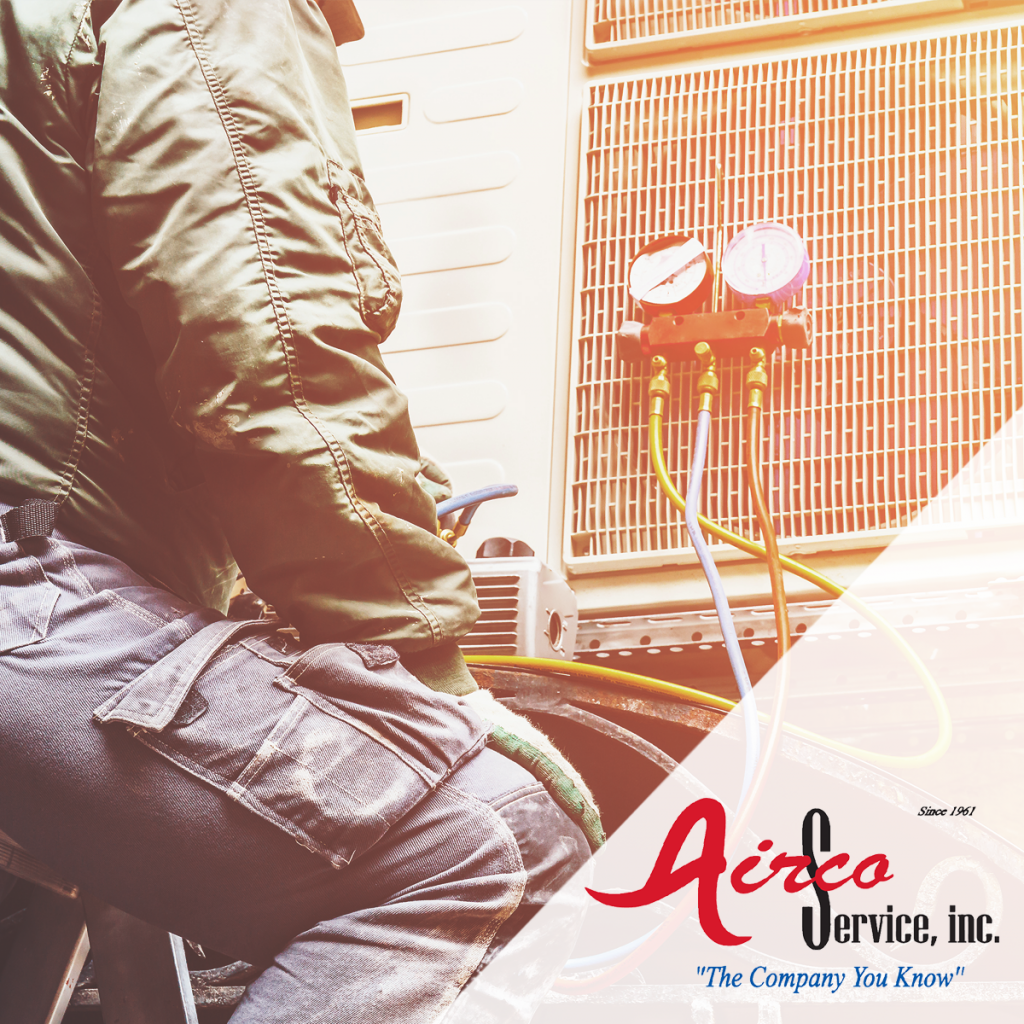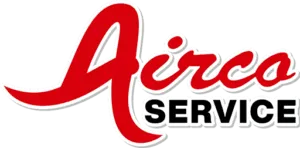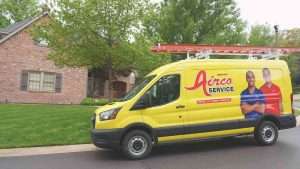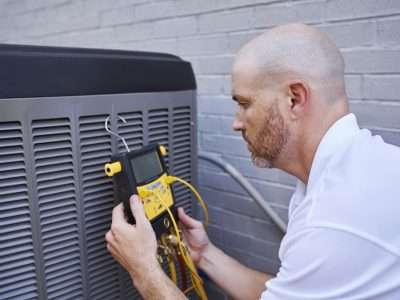As the later months of the year start to approach and temperatures start to drop, you’ll be turning on your home’s furnace for the first time in months. If you’ve never done this before, you might not know what to expect—but we’re here to walk you through the entire process.
A proper working furnace is just as important as a working AC unit—just at different months of the year. Continue reading the following guide by Airco Service for your step-by-step process.
What To Expect When You Turn On Your Furnace?
Your home’s furnace is responsible for heating your home by way of a gas flame. When the furnace kicks in for the first time, the sounds and smells can be jarring. So you have a better idea of how these processes work, we’re going to make sure you’ll know what to expect. Below are the things to expect when you turn your home’s furnace:
- Turning on the Furnace: The Basic Parts
Your home’s thermostat is the kickstarter to the whole operation. The thermostat tells the furnace’s control board to turn on. The furnace’s control board will be responsible for successful operation.
- The First Motor to Come On – Is the Inducer Motor
The furnace’s inducer motor is responsible for getting rid of the fumes induced by the gas flame. At this point, the control board and a pressure switch acknowledge that the motor has come on and is working as it should.
- The Ignitor Will Come On
Next comes the activation of the furnace’s ignitor. A gas valve will open and emit a certain amount of gas over the ignitor. This incognito glows red hot and gets around 2500 degrees.
- Creating the Flame
This creates the aforementioned flame that shoots into the heat exchanger. Sensors verify the flame is on and send a signal to the control board. This makes sure that everything is burning properly, and the system is safe for heating the home.
- Blower Fan Comes On
If everything is running smoothly, the blower fan will come on. Warm air then starts to flow into the home.
9 Things You Should Do Before Turning On a Furnace

Before you turn on your furnace for the first time, here are nine things you should do first:
- Check the filters
Checking the unit’s air filters is a necessary step every homeowner should take before turning on their furnace. Dirty air filters decrease performance and can lead to more severe issues. Make sure the unit’s air filters are clean before you need the furnace turned on.
- Replace filters if needed
If the filters are dirty, you’ll need to replace them. You should also replace them every one to three months for the best warming results.
- Check if the thermostat is working properly
If your home’s thermostat isn’t working, the furnace won’t be able to start. Switch the thermostat from cooling to heating and turn up the temperature higher than room temperature to see if it is in working order.
- Test smoke and carbon monoxide detectors, and replace batteries (if needed)
Your home’s smoke and carbon monoxide detectors are an important asset when it comes to home safety. Test them per the manufacturer’s directions and replace their batteries if needed.
- Clear the area around the furnace
Clear the area around the furnace of any items or potential fire hazards. The area should be clear of these items.
- Inspect for leaks
Air leaks can hinder your furnace’s performance. Inspect your furnace for any leaks and if you find any, take the necessary steps for repairs so that your furnace is running at its best.
- Duct Cleaning
Your home’s air ducts should be free of any debris so your furnace can deliver the heating your home needs. Inspect your home’s air ducts for any debris to see if duct cleaning is necessary.
- Inspect vents outdoors
Similar to the space around your furnace and the inside of your home’s air ducts, make sure your outdoor vents are clear of any debris.
- Order professional service for furnace inspection and cleaning
For the best results when it comes to inspections, cleanings, and furnace maintenance, order professional services from Airco Service.
Test Furnace
When you test your furnace, make sure these happen:
- The furnace isn’t making strange noises
- The furnace is producing heat
- Furnce properly turns off once the home is heated
If the furnace makes strange noises and fails in the other two areas, contact Airco Service for professional furnace maintenance.
The Importance of Professional Furnace Maintenance
Going DIY for your furnace maintenance needs could very well lead to more issues for your furnace and home. Professional furnace maintenance is important for these reasons:
- Less Risk
Your safety is of the utmost importance. DIY furnace maintenance puts you at risk of experiencing harmful leaks.
- Improved Indoor Air Quality
Going the professional route will likely guarantee air quality that’s improved. Going DIY doesn’t guarantee good air quality.
- Cheaper Utility Bills
Professional furnace maintenance puts your home in a better position to benefit from cheaper utility bills as a result of better furnace efficiency.
- Fewer Repairs in the Future
DIY maintenance doesn’t guarantee that you’ll fix everything. With professional furnace maintenance services, you’ll have fewer repairs in the future.
- Increased Home Comfort
Professional HVAC providers have the experience and knowledge to fulfill any maintenance requirements. In the end, professional furnace maintenance services will lead to increased home comfort.
Give Us a Call Today for Help With Furnace Maintenance

Although you may do an excellent job caring for your furnace, you may miss a few underlying issues that only professionals can identify. To prolong your system’s lifespan, you should schedule furnace maintenance at least once a year. Give us a call today for all of your furnace maintenance needs at our select locations.



 How to Improve the Flush Performance of Your Toilet
How to Improve the Flush Performance of Your Toilet